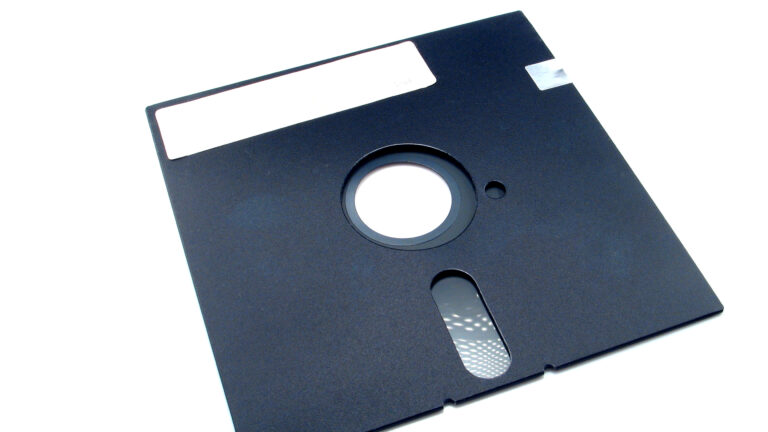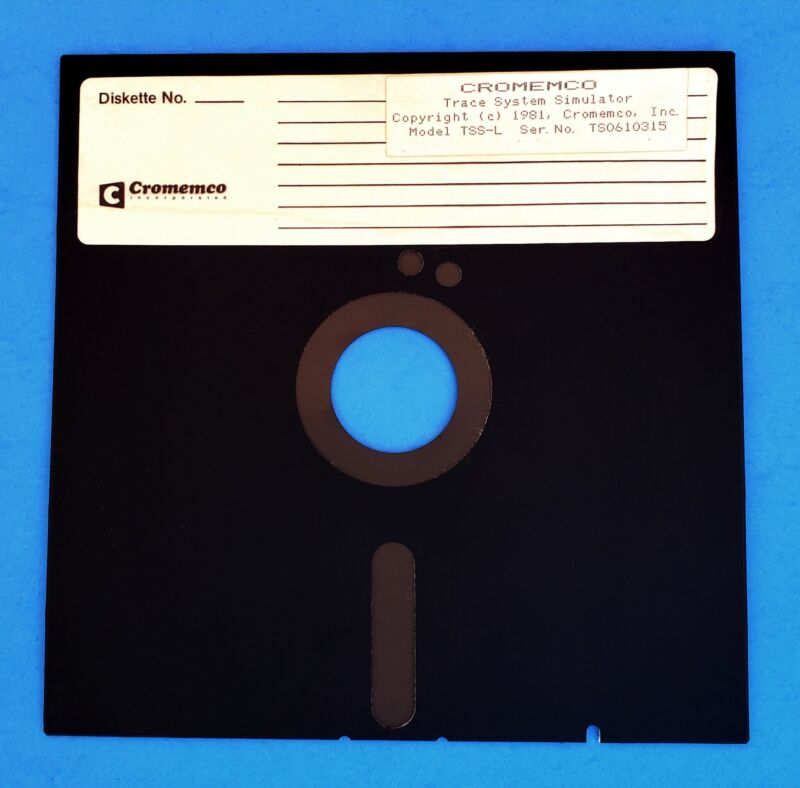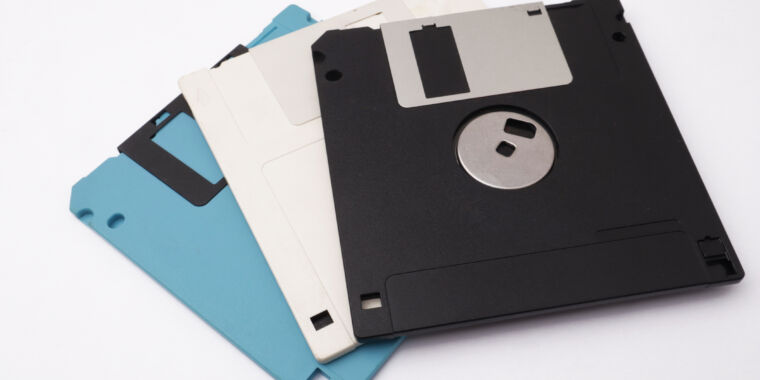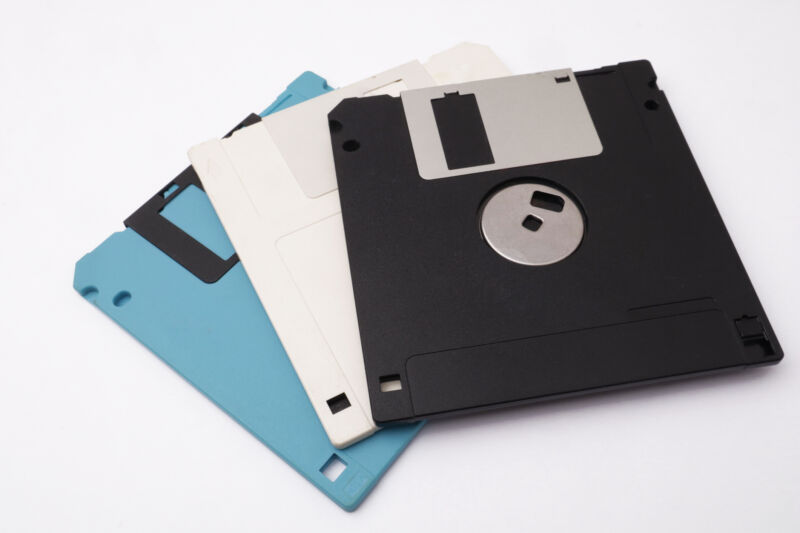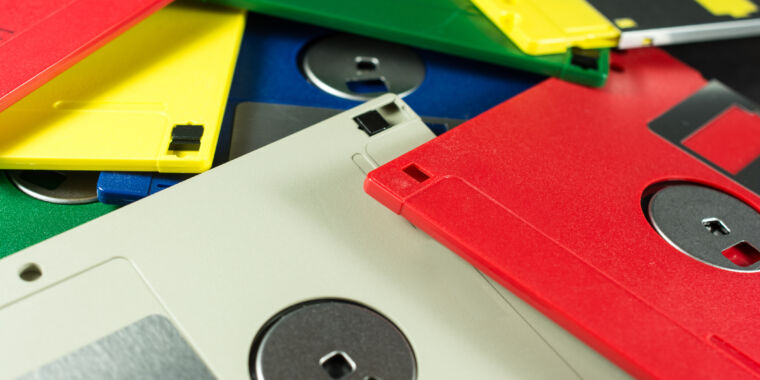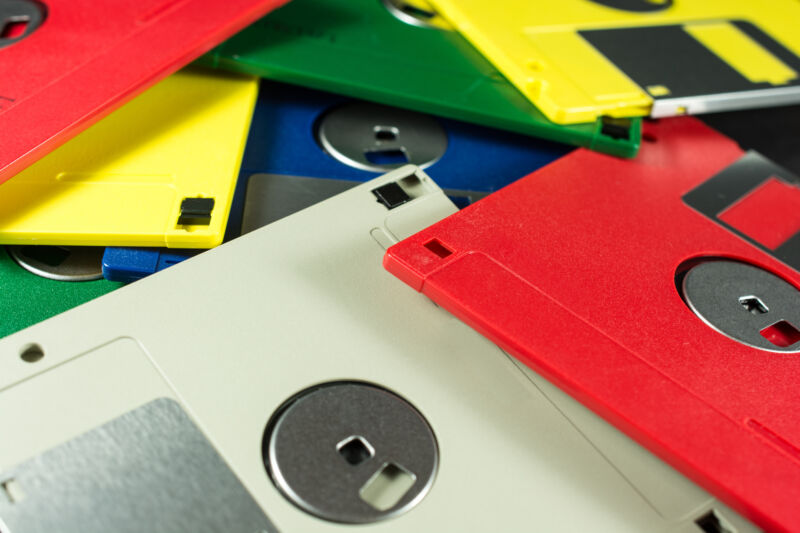San Francisco to pay $212 million to end reliance on 5.25-inch floppy disks
The San Francisco Municipal Transportation Agency (SFMTA) board has agreed to spend $212 million to get its Muni Metro light rail off floppy disks.
The Muni Metro’s Automatic Train Control System (ATCS) has required 5¼-inch floppy disks since 1998, when it was installed at San Francisco’s Market Street subway station. The system uses three floppy disks for loading DOS software that controls the system’s central servers. Michael Roccaforte, an SFMTA spokesperson, gave further details on how the light rail operates to Ars Technica in April, saying: “When a train enters the subway, its onboard computer connects to the train control system to run the train in automatic mode, where the trains drive themselves while the operators supervise. When they exit the subway, they disconnect from the ATCS and return to manual operation on the street.” After starting initial planning in 2018, the SFMTA originally expected to move to a floppy-disk-free train control system by 2028. But with COVID-19 preventing work for 18 months, the estimated completion date was delayed.
On October 15, the SFMTA moved closer to ditching floppies when its board approved a contract with Hitachi Rail for implementing a new train control system that doesn’t use floppy disks, the San Francisco Chronicle reported. Hitachi Rail tech is said to power train systems, including Japan’s bullet train, in more than 50 countries. The $212 million contract includes support services from Hitachi for “20 to 25 years,” the Chronicle said.
The new control system is supposed to be five generations ahead of what Muni is using now, Muni director Julie Kirschbaum said, per the Chronicle. Further illustrating the light rail’s dated tech, the current ATCS was designed to last 20 to 25 years, meaning its expected expiration date was in 2023. The system still works fine, but the risk of floppy disk data degradation and challenges in maintaining expertise in 1990s programming languages have further encouraged the SFMTA to seek upgrades.
San Francisco to pay $212 million to end reliance on 5.25-inch floppy disks Read More »
